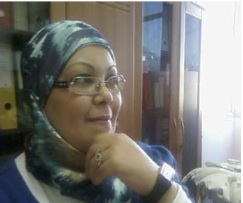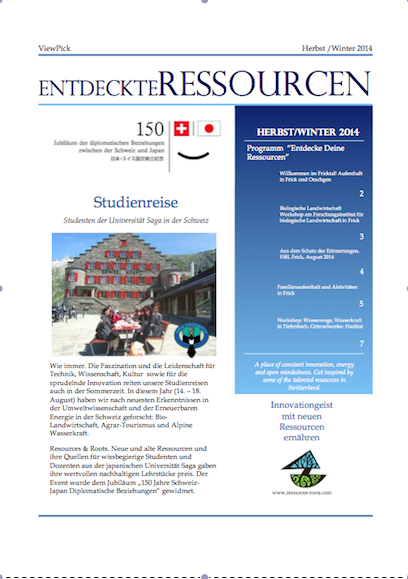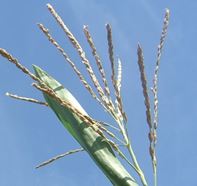Agriculture Durable en Tunisie d’aujourd’hui
 Melle KHEMIRI MOUSSAOUI Ryma, Tunisie, Ingénieur paysagiste,
vulgarisateur et agent de développement / Beja-Tunisie
Melle KHEMIRI MOUSSAOUI Ryma, Tunisie, Ingénieur paysagiste,
vulgarisateur et agent de développement / Beja-Tunisie
Le développement durable ou encore, dans son étymologie d’origine, «développement soutenable», de l’anglais «Sustainable Development» est une conception de l’intérêt public, qui respecte l’HUMAIN au sens large.
Un concept Appliqué à la croissance économique et reconsidéré à l’échelle mondiale afin de respecter et préserver les aspects environnementaux et sociaux d’une planète globalisée succinctement à son évolution économique.
C’est aussi une gestion rationnelle des ressources humaines, naturelles et économiques qui vise à satisfaire les besoins fondamentaux de l’humanité impliquant ainsi plusieurs paramètres : la conservation de l’équilibre général, le respect de l’environnement, la prévention de l’épuisement des ressources naturelles, la diminution de la production des déchets et sa valorisation, l’économie de l’énergie…
Et c’est ainsi que s’est édifié ce concept en 1987, la Commission mondiale sur l’environnement et le développement dans le rapport Brundtland (nom de l’experte norvégienne Gro Harlem Brundtland) lui avait préféré la notion de « développement soutenable » défini comme suit :
« Le développement qui répond aux besoins du présent sans compromettre la capacité des générations futures à répondre à leurs propres besoins ».
La Tunisie pays du Maghreb Arabe et ouverte géographiquement et culturellement sur le bassin méditerranéen riche par la diversité de son patrimoine naturel, rural, social, culturel … accorde une importance particulière au développement durable à partir de sa stratégie de développement économique et ses plans d’action nationaux. Plusieurs programmes régionaux de développement touchent toutes les couches de la population, de même, les programmes de développement rural intégré (PDRI) et de développement urbain intégré (PDUI) : renforcement de l’infrastructure et des équipements collectifs; amélioration des revenus des populations rurales, etc. ont contribué largement à cet effort. Read more Download PDF Développement durable – Agriculture durable


 Our activity produced in 2014 a good operating performance in all its strategic pillars. Resources & Roots is radically developing its relationship model in Switzerland, Finland and Canada and extending its offer to a large number of international partners. Our model, which combines the expertise of investor relationship, financial consulting and business ethics by the proximity of a proactive networking, is insuring a personalised service and an offer which is perfectly tailored to the need and expectations of clients in a complex economic environment.
Our activity produced in 2014 a good operating performance in all its strategic pillars. Resources & Roots is radically developing its relationship model in Switzerland, Finland and Canada and extending its offer to a large number of international partners. Our model, which combines the expertise of investor relationship, financial consulting and business ethics by the proximity of a proactive networking, is insuring a personalised service and an offer which is perfectly tailored to the need and expectations of clients in a complex economic environment.

